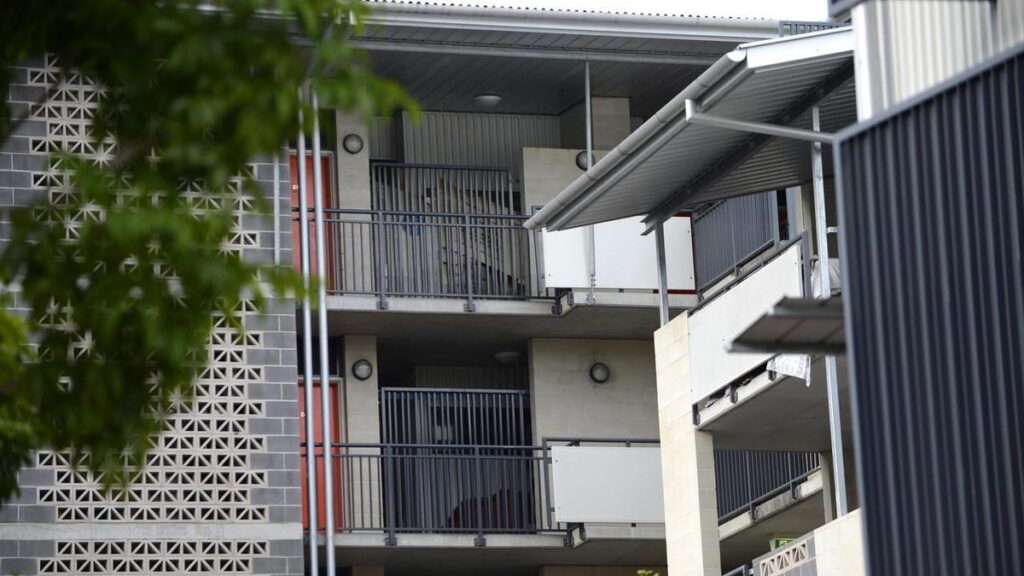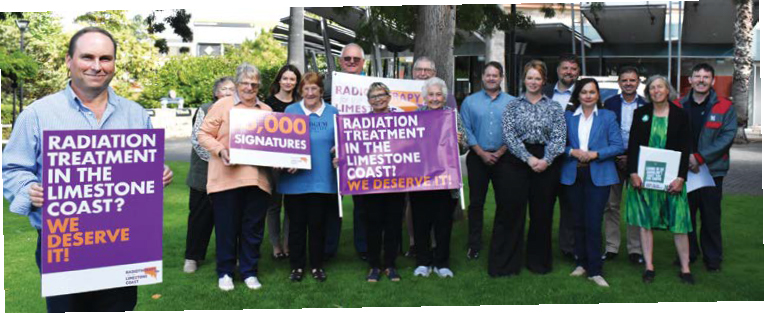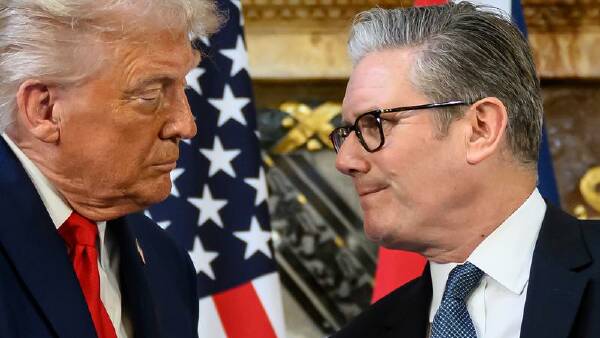
Property owners have been discovered living in subsidised rentals in Queensland, raising serious concerns about the integrity of the state’s social housing system. A government review has revealed that this system has remained largely unchecked for years, allowing individuals who exceed income thresholds to occupy public housing.
Since the announcement of annual eligibility checks on July 1, 2023, the Queensland government has reviewed over 2,000 social housing tenancies. According to Housing Minister Sam O’Connor, nine property owners were found residing in public housing, a clear violation of the rules that prohibit social housing tenants from owning or partially owning property, whether in Australia or overseas. Exceptions exist for circumstances such as marriage breakdowns, domestic violence, or natural disaster-affected areas.
The review has uncovered troubling statistics, including that 76 social housing tenants are high-income earners, with incomes surpassing the $80,000 salary cap. Notably, one couple in Townsville has a joint income exceeding $168,000 while paying only $187 a week in rent. Thirteen households have been informed they are no longer eligible for ongoing public housing due to failure to provide necessary income documentation.
O’Connor highlighted that approximately one in four tenants were paying rents that exceeded fair market rates, with some overpaying by as much as $70 a week. These discrepancies have prompted immediate adjustments to ensure fairness in the system. “Queenslanders expect a social housing system based around fairness and equity, targeted at helping those who need it most under Labor, but that wasn’t the case,” O’Connor stated.
The previous Labor government allowed nearly half of Queensland’s public housing tenants to go more than five years without a rental eligibility check. This lack of oversight led to significant inequities in the system, which is why the current government has reinstated annual rent and eligibility assessments.
As of now, more than 52,000 individuals are on Queensland’s social housing waitlist, a figure that underscores the urgent need for reform. For comparison, New South Wales reports 66,000 on their waitlist, with Victoria at 65,000, and other states showing similar challenges.
To address these issues, the Queensland government has committed $5.6 billion over four years to deliver 2,000 social and affordable homes annually. The annual eligibility checks are designed to confirm that social housing tenants continue to meet the required income and asset thresholds. Those who fail to verify their earnings will be charged market rent.
Rent for social housing tenants will be calculated at 25% of a household’s assessable income. If tenants are found to be paying less than this, their rent may increase by a maximum of $15 per week, capped annually.
This review and subsequent actions illustrate the Queensland government’s commitment to ensuring that social housing serves its intended purpose, providing housing support to those who genuinely need it.






